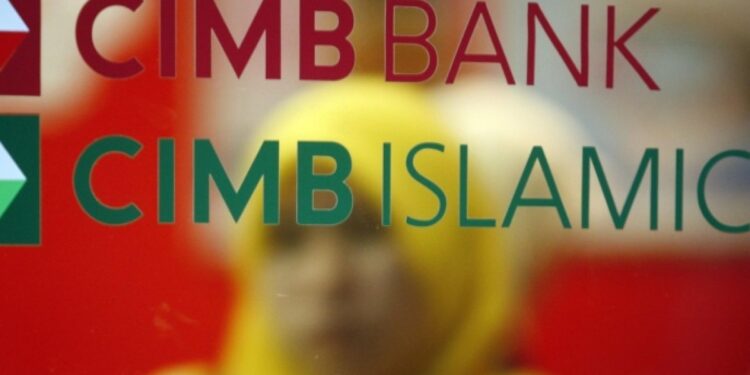A report published by the French newspaper Le Figaro discussed the rapid development witnessed by the Islamic finance sector in France and Europe, indicating that this sector, which relies on Islamic Sharia, is recording steady annual growth despite the challenges it faces.
Although it currently represents only 1% of global finance, Islamic finance continues to expand at a rapid pace.
Growth exceeding 600%
According to estimates contained in the report, global Islamic finance assets range between 3.1 and 3.6 trillion euros, compared to the size of the cryptocurrency market of 2.3 trillion dollars.
Anwar Hassouna, an expert in Islamic finance and professor at Paris Dauphine, comments, “This represents 35 times Morocco’s gross domestic product, or even the French public debt.”
He adds that Islamic finance has witnessed an amazing growth of 603% between 2006 and 2022, with an average annual growth of more than 10%.
Strict and specific framework
The report states that Islamic finance relies on five main principles based on Islamic law:
- Prevent benefits.
- Prohibition of speculation.
- Do not invest in prohibited sectors such as alcohol, gambling and weapons.
- The necessity of linking any financial transaction to real assets.
- Sharing profits and losses.
These principles, according to Anwar Hassouna, make Islamic finance “finance under constraints,” as it imposes strict traditions derived from religious texts.
France… great potential and challenges
Despite the enormous potential of the Islamic finance market in France, the report indicates that the country is still in the process of building this sector. While France has the largest Muslim population in Europe, it is estimated that about one million Muslims in France show interest in Islamic finance, but only 100,000 of them currently use Sharia-compliant financial products.
Ezzedine Gholamallah, a professor and researcher in Islamic finance, says, “The French market is still far below its real potential,” and he believes that expansion in this sector depends largely on improving competitiveness in terms of prices and quality of financial products.
He points out that a large portion of Muslims in France do not use Islamic finance, due to the large difference in interest rates compared to traditional finance.
Islamic finance globally
At the global level, Islamic countries such as Qatar, Saudi Arabia, and Malaysia are considered major supporters of Islamic finance, and the report confirms that Malaysia is now issuing most of its debt in the form of Islamic sukuks, while the Gulf countries and Turkey are issuing a large portion of their debt in a manner compatible with Sharia.
Hassouna says, “Today, Malaysia issues almost nothing but Islamic debt, and this is the same case in the Gulf countries and Turkey.”
Despite these regional successes, Hassouna believes that Islamic finance is still far from being the dominant financial force on the global scene.
He said, “At the present time, Islamic finance cannot be the finance of tomorrow, but it may be the finance of the day after tomorrow.”
Despite these achievements and rapid growth, experts believe that the impact of Islamic finance on the global economy is still limited, and Hassouna points out that Islamic countries are strong regionally, but they have not achieved a significant impact on the global economy.
However, experts believe that this may change in the future if Islamic finance continues to grow at the same pace.



